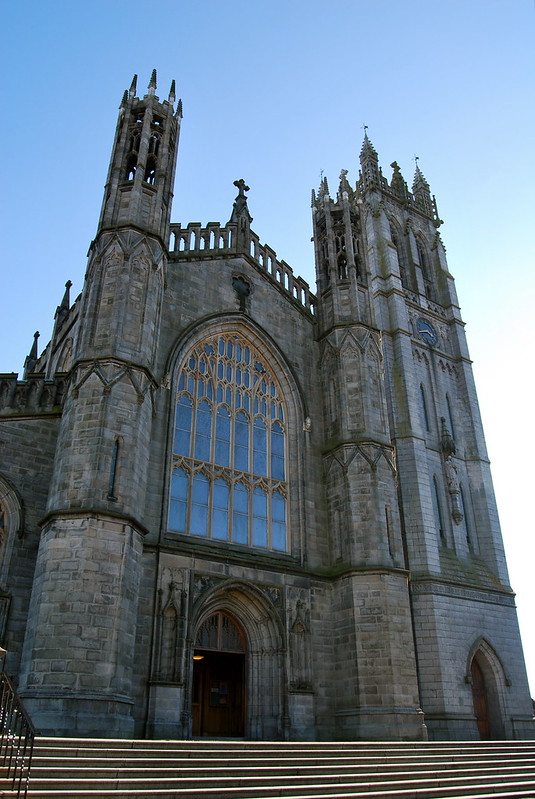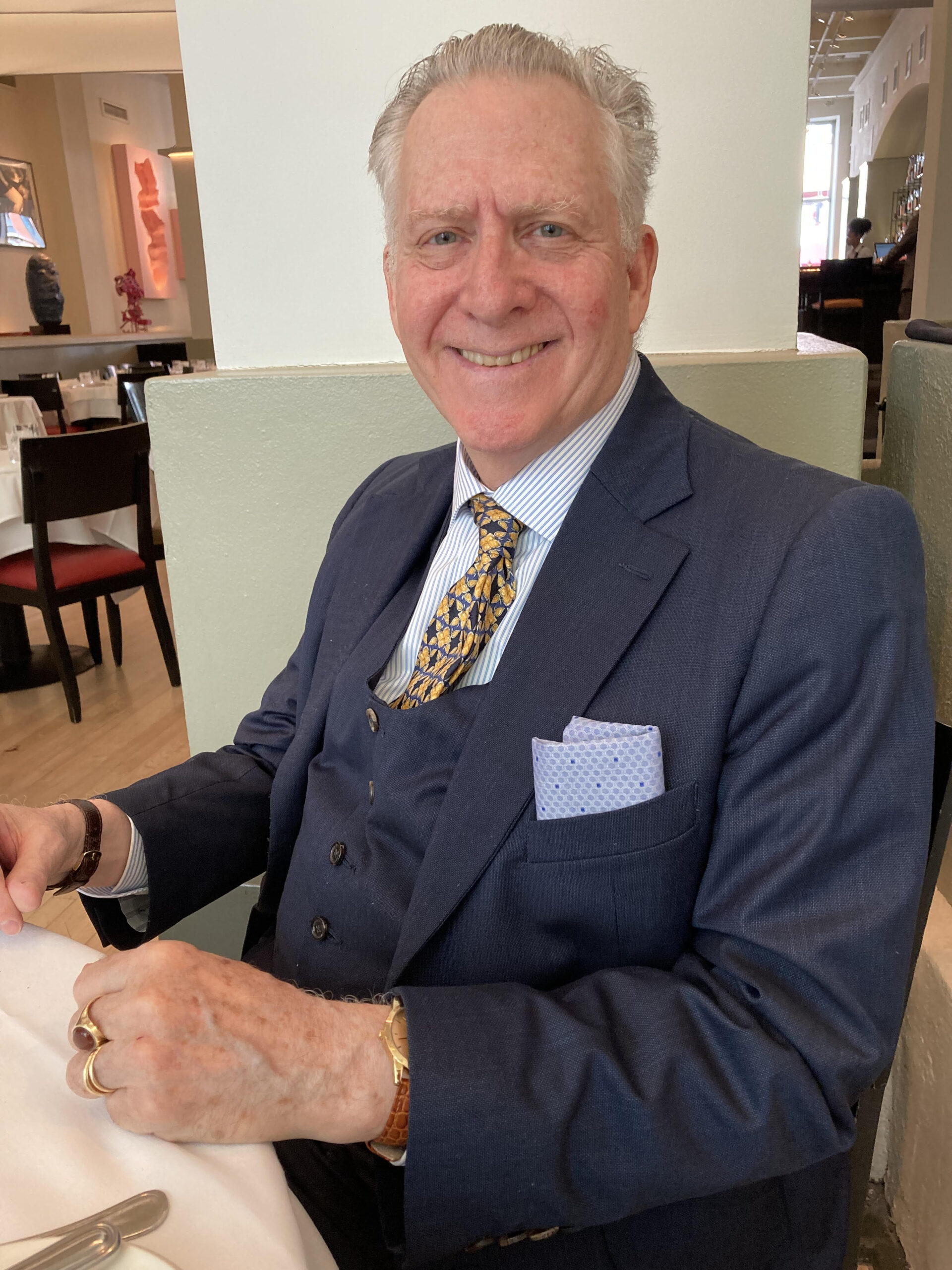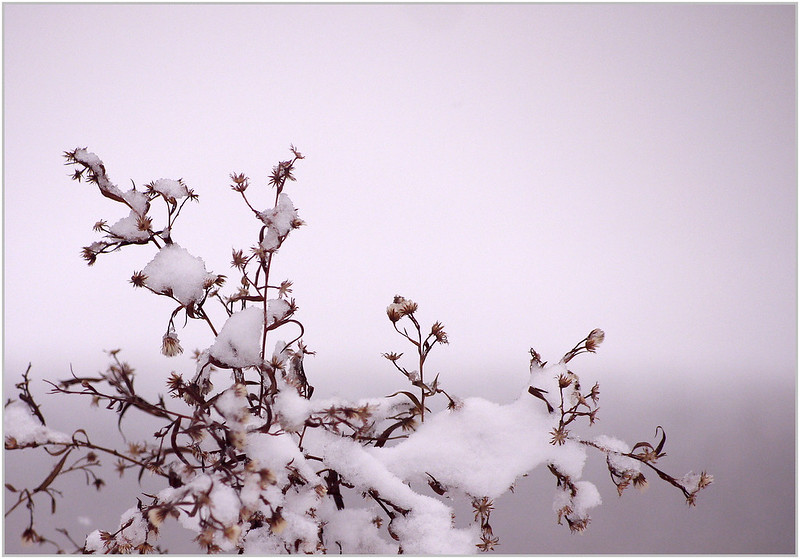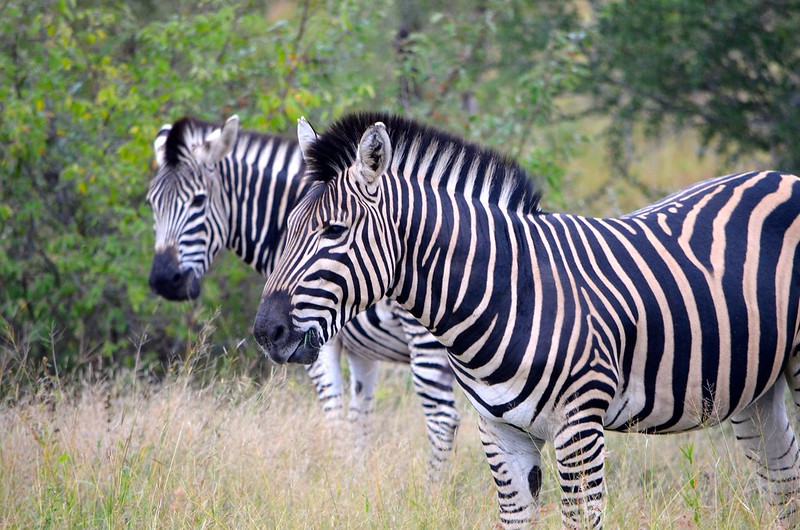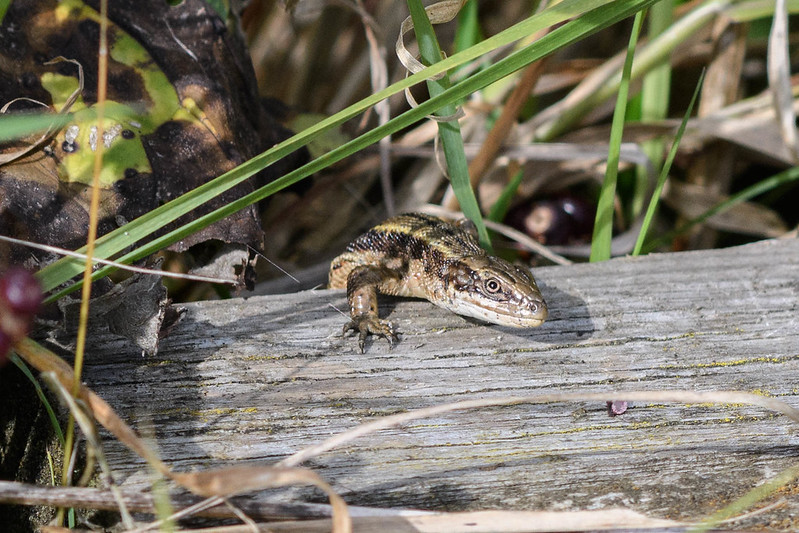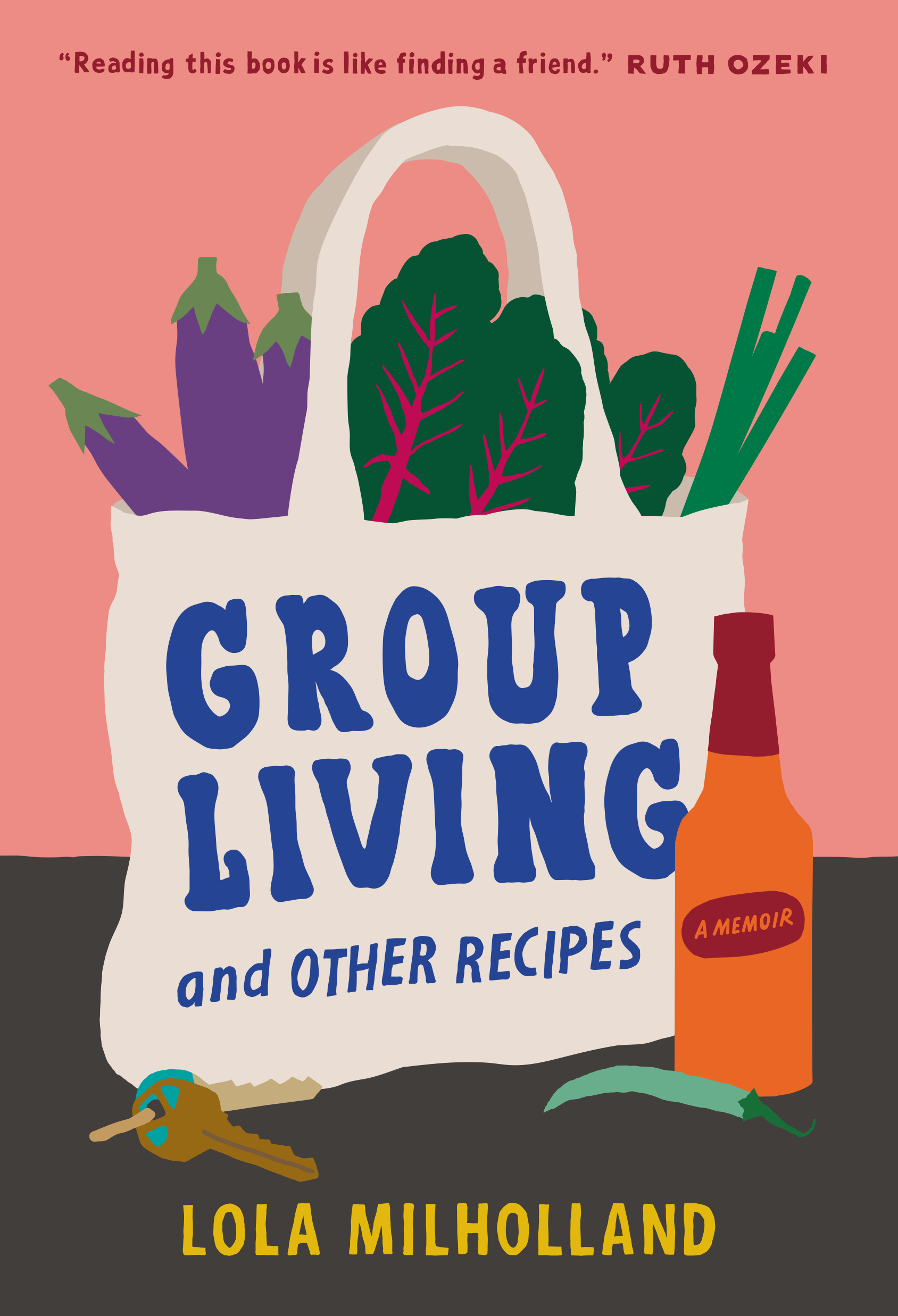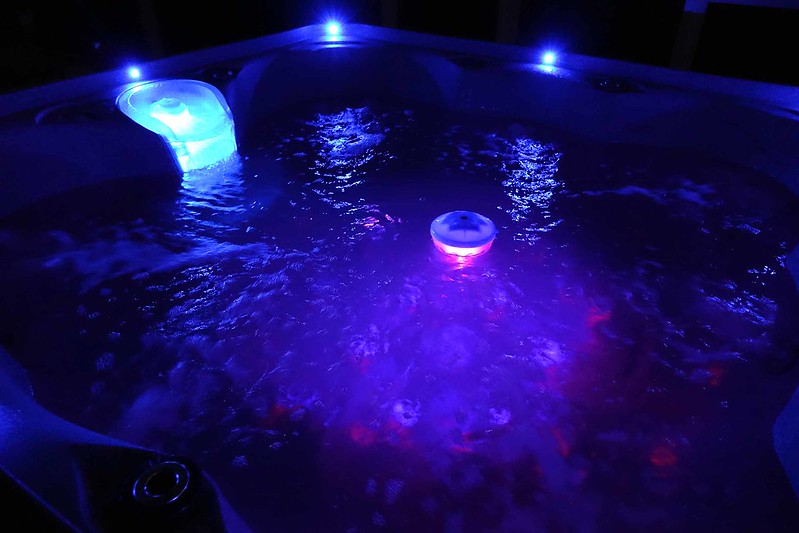By RANEEM ABO RMAILA
Translated By MAYADA IBRAHIM
A Confrontation with Place: The City Changes, and We Change with It
I walk amid the traffic and the rush of people downtown. Here is where I first came to know the city, or so my memory claims, and I fall for it. Downtown has a “soul” that other parts of the city lack. It reminds me that I, in defiance of the hostile noise, am here, and that Amman the city is also here, attempting, however feebly, to find answers to questions that have long exhausted us. The soul of the place tempers the weight of those questions.
We return, regardless of how much we try to run or hide, to our questions about place and identity. Does the city grow weary of its people? Do we become, in our attempt to understand it and to keep up with it, the victims of place? The city changes rapidly; it loses its characteristics and becomes a stranger to us. Those of us who fear suffocating in our city try again to find familiar things in it. Downtown, whose landmarks begin with the Roman Theatre and end at Al Shamasi1 and Al Kalha Stairs, once formed the identity of the city; today there is only dissonance. Shops, cafés, and the ambition of investors extend across it from every side. It no longer resembles its past; it no longer resembles us.
As for me, weary of walking in the center of town, I try to lean on the first stairs I see. Others around me, fellow tired wanderers, take refuge in the stairs as well. There is no room to rest in this city. It’s as if Amman entangles us in an imminent and predictable trap. It commands us to keep moving while concealing our destination.

